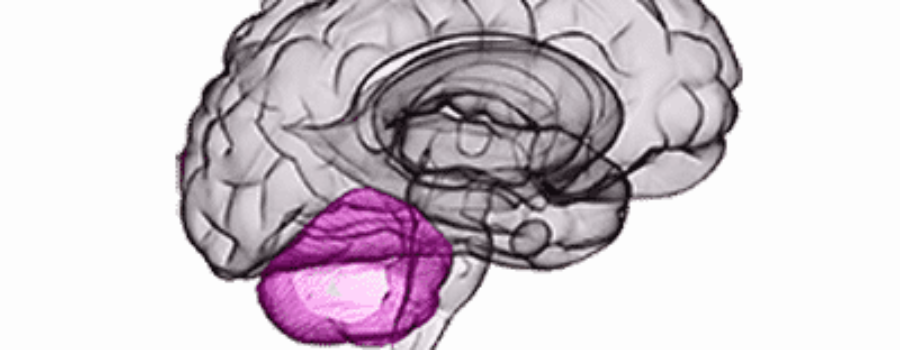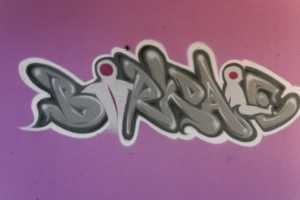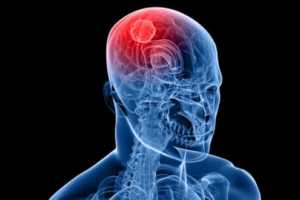Cognition, Emotion and the Cerebellum
Why would this be of interest to OTs and Speech Therapists?
I have always believed that cognition and language are integral to rehabilitation. The thought purpose is critical in planning and organisation of movements. As a neuro physiotherapist I believe the use of language is critical whether the purpose is to motivate the person or to enable them to process and understand and move. The process of planning is affected after any neurological disorder. The patient can no longer think and plan as the part of the brain that does this is affected. It is vital to learn for all of us as therapists how to motivate, empower, and teach movements and the thinking process. In my opinion all colleagues such as physiotherapists, Occupational therapists and speech and language therapists will equally benefit from Deborah Budding’s talk and workshop on June 20th and 21st.
I am delighted to invite Dr D Budding to talk to us on the subject of cognition and cerebellum.
In rehabilitation we all strive to assist our patient group learn to become independent. This cannot just be physical independence.
Deborah Budding, PhD, is board-certified paediatric neuropsychologist with additional background and training in psychodynamic and cognitive behavioural treatment approaches. Deborah performs comprehensive neuropsychological evaluations of children, adolescents and adults that consider each person’s unique neurodevelopmental, cognitive, social-emotional and familial dynamics in the context of his/her her socio-cultural background.
Deborah Budding has a particular training and expertise in functional neuroanatomy and cerebellar contributions to neurodevelopmental disorders.
“The prevailing models that guide understanding of behaviour and cognition within most clinical fields such as neuropsychology, psychiatry, neurology, and occupational and physical therapy are largely ‘top down,’ or cortico-centric in nature. While deep brain structures and the cerebellum have evolved alongside cortex, their roles have either been ignored or incorrectly relegated to controlling movement only. These models have also arbitrarily separated “thinking” and “moving.””
Deborah is speaking on cerebellum and rehabilitation on 20th June as well as running a workshop on 21st June on Executive Function.





